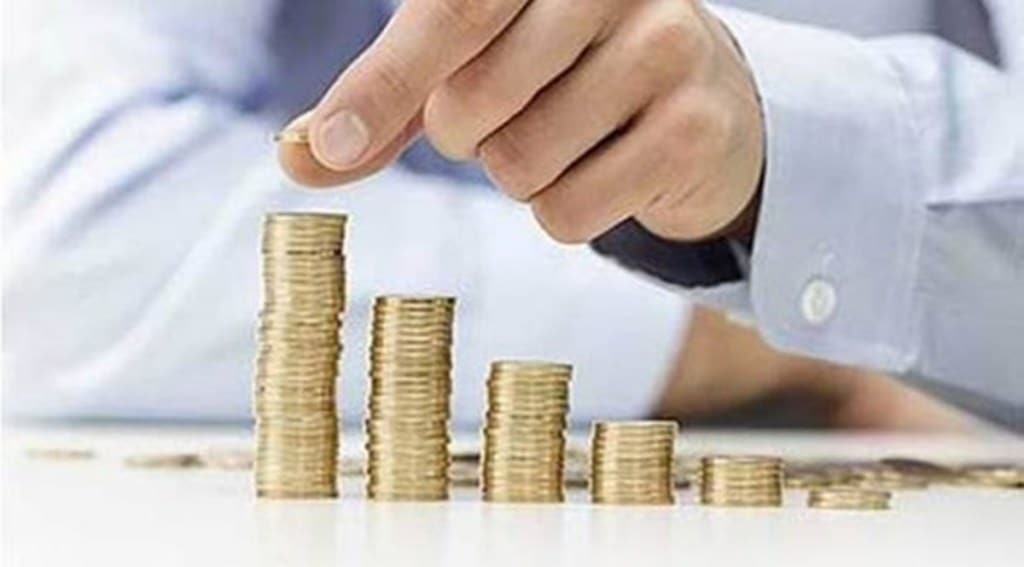Amid growing fears of mounting western sanctions on Russia in the wake of the Ukraine crisis, jittery Indian exporters are planning to approach the government to put in place a mechanism to ensure their payments are not stuck even if more sanctions are imposed on Moscow.
The mechanism can be modelled on the rupee-rial architecture that was used to clear payments to domestic firms when the US had slapped sanctions on Iran, sources at two state-backed export promotion councils told FE. Since India has a trade deficit with Russia, in certain cases, a barter system can also be activated easily, he added.
Under the rupee-rial mechanism, Indian refiners used to import crude oil from Iran and make payments to the designated rupee-account at Uco Bank and IDBI Bank. This continued until crude oil was in the exempted list of US sanctions.
India’s exports to Russia grew 36% on year until December this fiscal to $2.55 billion but its imports jumped 81% to as much as $6.89 billion, leading to a trade deficit of $4.34 billion for New Delhi. India mostly buys petroleum products, diamonds and other precious stones and fertilisers from Russia. Similarly, it ships out capital goods, pharmaceutical products, organic chemicals and auto parts to Moscow.
“These are early days and we don’t expect much of a problem as yet. However, we need to be prepared for any eventuality, using past experiences,” one of them said. The crisis has prompted domestic exporters to tread cautiously on firming fresh supply contracts with Russian importers.
The US has announced new economic sanctions that target two major Russian financial institutions and five Russian oligarchs in response to what it calls Moscow’s escalating aggression against Ukraine. US President Joseph Biden has also warned that “if Russia goes further with an invasion, we stand prepared to go further as with sanctions.”
European foreign ministers have agreed to sanction 27 individuals and entities, including banks financing Russian decision-makers. The UK has imposed sanctions on Gennady Timchenko and two other billionaires with close links to Russian President Vladimir Putin, and on five banks – Rossiya, IS Bank, GenBank, Promsvyazbank and the Black Sea Bank.
However, analysts say the impact of the latest set of measures against Russia will likely be limited, and western nations are keeping the much larger sanctions packages that they have planned in reserve should the crisis escalate. American lawmakers had earlier suggested that Russia could be removed from SWIFT, a network that connect thousands of financial institutions around the world, if it invades Ukraine.

